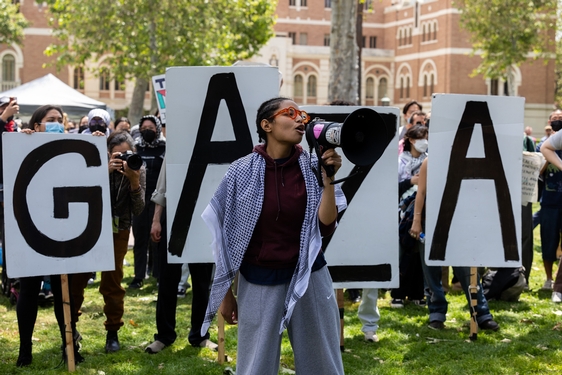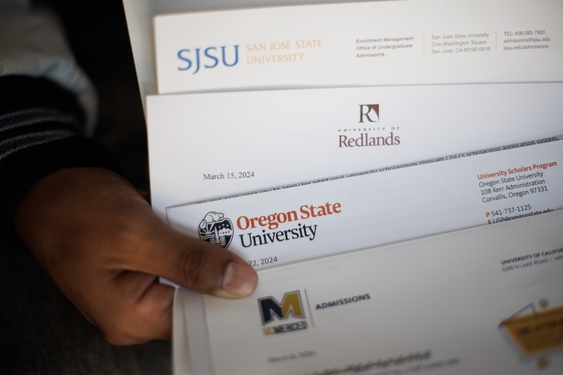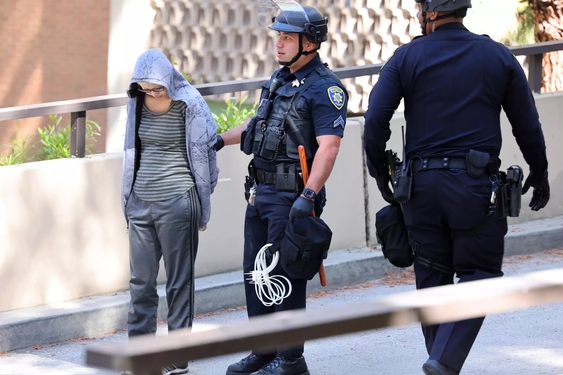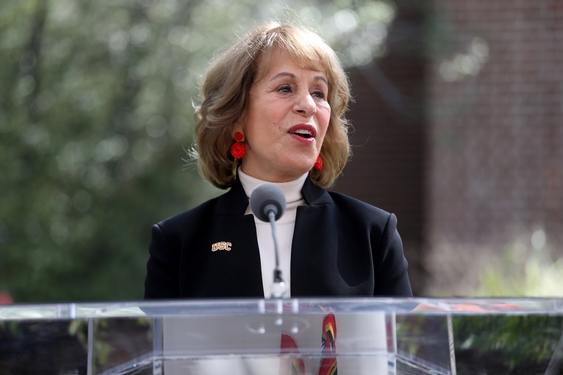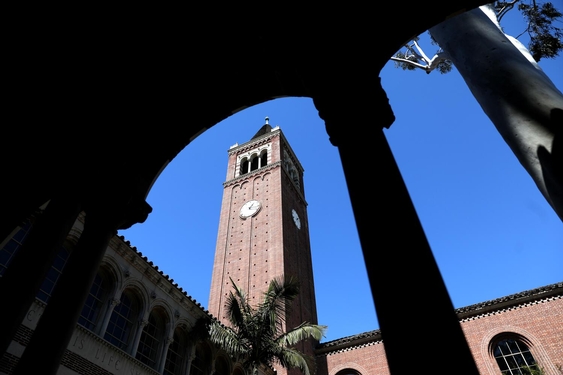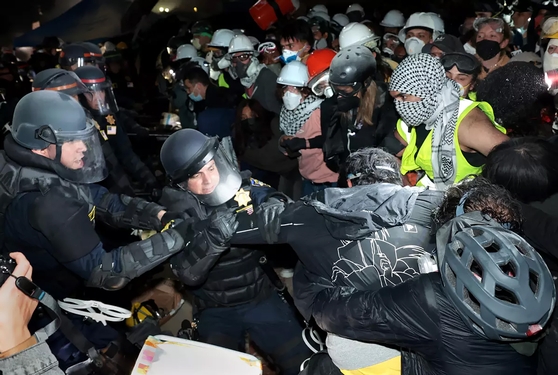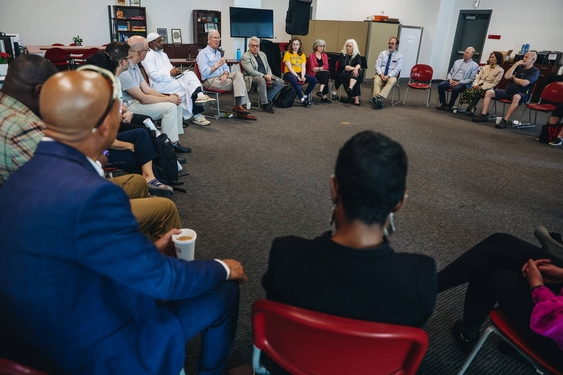Muslim leaders are calling on the FBI to open an investigation into an incident on the University of Washington campus in which a Muslim student was struck in the face with a bottle earlier this month.
Speaking at a news conference at the UW on Monday, officials with the Washington state chapter of the Council on American-Islamic Relations (CAIR) say they believe the attack was a possible hate crime and that the victim, Nasro Hassan, was targeted because she is Muslim. The organization also announced a $5,000 reward for information leading to the arrest and conviction of the person who assaulted her.
Hassan, a 19-year-old UW freshman, was struck in the face with a bottle by a male just before 5 p.m. on Nov. 15 as she walked between Mary Gates Hall and Suzzallo Library, said Jasmin Samy, CAIR’s civil rights manager.
Hassan, a Somali American and Muslim woman from North Dakota, immediately reported the assault to campus police and provided a written statement, Samy said. The young woman, who was wearing a hijab, provided a description of the suspect’s clothing, but Samy said Hassan didn’t know or mention the assailant’s race.
Hassan suffered bruising to the right side of her face and after complaining of headaches was taken to Highline Medical Center, where she was diagnosed with a concussion, according to Samy.
UW police didn’t issue a safety alert or otherwise notify the student body about the attack, said Samy and CAIR’s executive director, Arsalan Bukhari. They’ve asked the FBI to lend their expertise because they believe the police investigation has been inadequate.
Maj. Steve Rittereiser, a spokesman for UW police, said that in addition to the lack of a detailed description, there were no witnesses and no video-surveillance footage of the incident, leaving little to go on to identify a suspect and determine the motivation.
“There’s not enough information to make the determination” whether the assault on Hassan was a possible hate or bias crime, Rittereiser said.
He noted that “it’s not the perception of the victim, it’s the perception of the suspect” that is key in determining whether someone is targeted due to perceptions of their race, religion, gender or sexual orientation.
Still, Rittereiser said in this case, “The victim would no doubt be traumatized under the circumstances of what happened.”
Responding to CAIR’s critique that UW police didn’t issue a safety alert, Rittereiser explained that there are only 13 crimes — including murder, aggravated assault, sexual assault and robbery — that require notification to the student body. The only exception would be if there was a cluster or pattern of multiple incidents that police could presumably tie to the same suspect, Rittereiser said.
“It’s all about people being able to take actions to protect themselves,” he said.
UW police haven’t received any other reports of assaults like the one Hassan suffered, he said.
Ayn S. Dietrich, spokeswoman for the FBI’s Seattle office, said the agency was aware of the incident but would “defer to the investigation by the primary responding agency, and maintain communication should our partners develop information that suggests a federal crime was committed.”
UW President Ana Mari Cauce issued a statement on Monday in which she said the university condemned the attack.
“Our university is and will always be a welcoming place for people of every race and faith, including our Muslim students, faculty and staff,” she said.
Hassan was initially scheduled to discuss the incident with members of the media on Monday but had to cancel because of a school assignment.
“The incident, which possibly fits a pattern of hate attacks against American Muslim women locally and nationwide, has caused a wave of concern among Muslim students for their own safety,” Bukhari wrote in a news release.
Earlier this month, University of Washington Bothell officials said they were investigating a possible hate crime that occurred on campus in which a group of men reportedly targeted several Muslim women, demanding that they remove their hijabs.
According to recently released FBI statistics, reported hate crimes against Muslims rose in 2015 to their highest number since the aftermath of the Sept. 11, 2001, terrorist attacks, increasing from 154 in 2014 to 257.
So far this year, 15 malicious harassment, or hate crime, cases have been filed by the King County Prosecuting Attorney’s Office, compared to 19 in all of 2015 and 18 in all of 2014. Prosecutors don’t break down their cases by the types of bias, but Senior Deputy Prosecutor Mike Hogan estimated about 25 percent involve some kind of anti-Muslim, anti-Arab, anti-immigrant or anti-refugee motivation.
———
©2016 The Seattle Times
Visit The Seattle Times at www.seattletimes.com
Distributed by Tribune Content Agency, LLC.






